15 Cognitive Games That Boost Kids’ Development Fast
Cognitive development in children lays the foundation for lifelong learning and success. Engaging kids in the right games can rapidly enhance essential skills such as memory, focus, problem-solving, and creativity. Studies show that playful learning not only makes education enjoyable but also accelerates brain development by keeping young minds active and curious. Choosing activities that are both fun and educational ensures children stay motivated while benefiting from interactive learning experiences. Simple games can spark remarkable growth, turning playtime into an opportunity for fast, meaningful development.
1. Memory Match Cards

Memory Match Cards is a timeless game where kids flip over cards to find matching pairs. This simple activity boosts memory, attention span, and pattern recognition as children recall card locations and develop strategies. Themes like animals or vocabulary words can turn the game into an engaging learning tool. Digital versions often add sound effects or timed challenges, further enhancing cognitive stimulation and making the experience even more dynamic and rewarding.
2. Simon Says
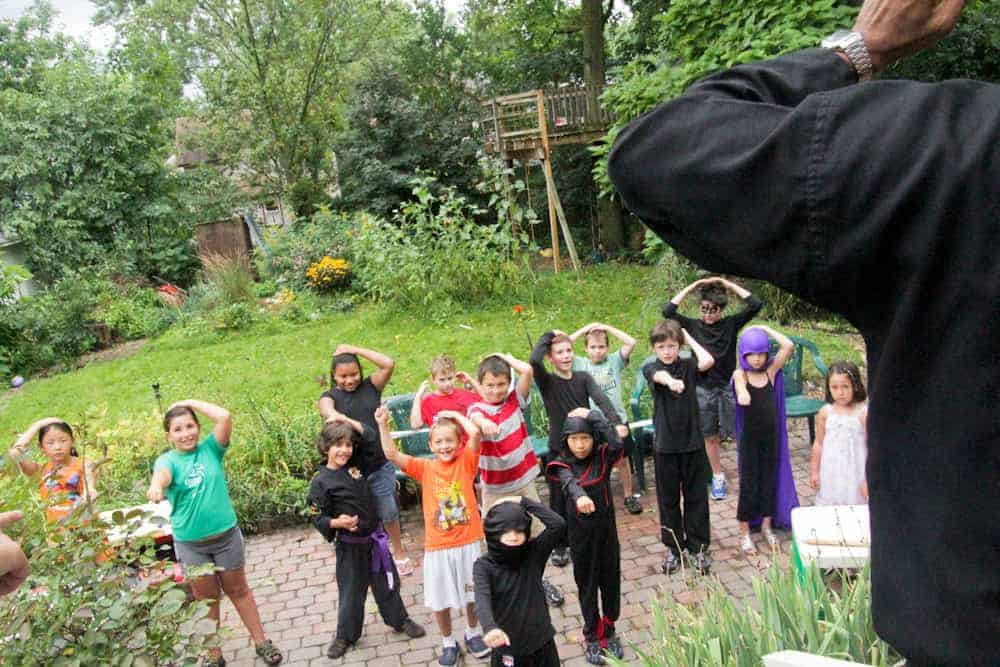
Simon Says is a classic game that sharpens listening skills, impulse control, and the ability to follow directions. Its versatility allows for play in both large groups and one-on-one settings, making it ideal for classrooms or family time. You can add themed commands or physical challenges to keep things fresh and engaging. Both traditional and digital versions offer flexibility, ensuring kids stay attentive and mentally active in any environment.
3. Sudoku for Kids
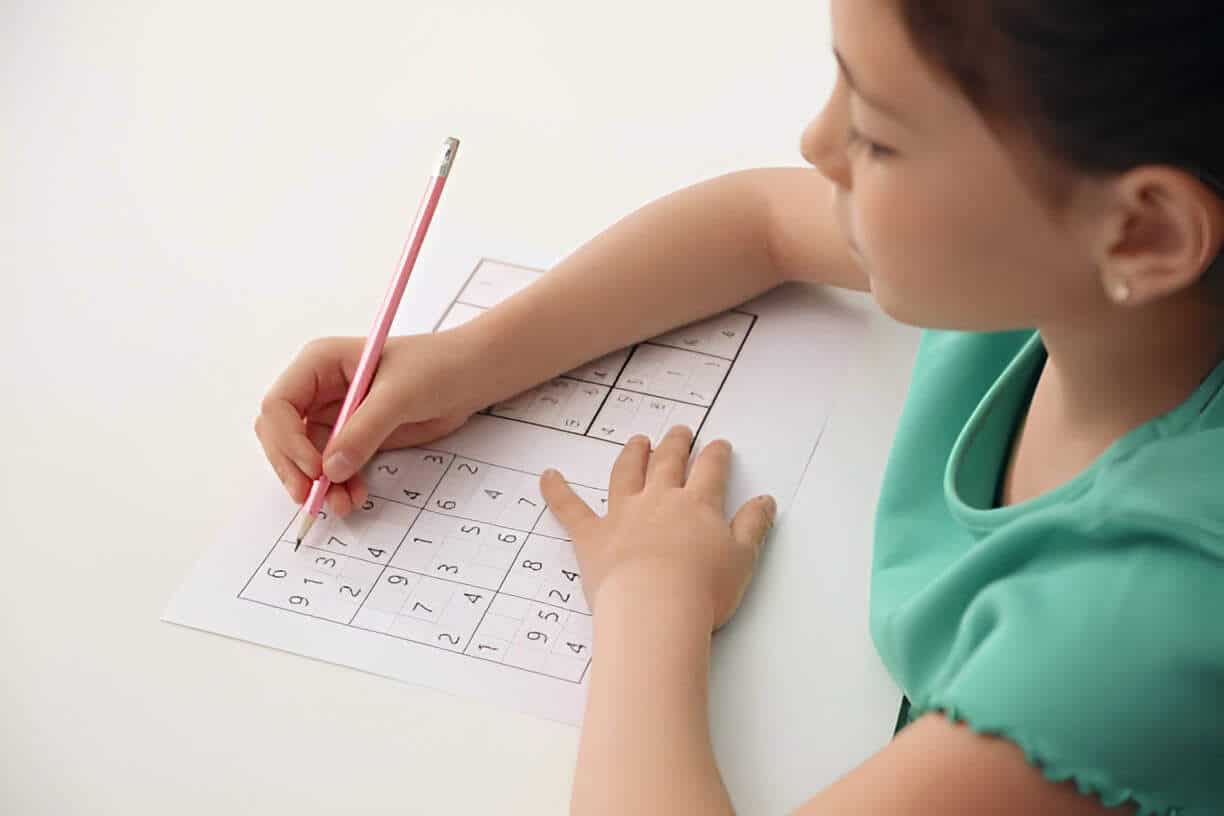
Sudoku for Kids introduces young learners to logical reasoning and number sense through simplified puzzles. Starting with 4×4 grids and progressing to 6×6, children gradually build confidence and enjoy increasing challenges. This game fosters patience and critical problem-solving skills, rewarding perseverance. While traditional paper versions offer tactile engagement, interactive apps provide real-time hints and feedback, making learning accessible and adaptable for different learning styles.
4. Puzzles and Jigsaws

Assembling puzzles and jigsaws offers powerful cognitive benefits, enhancing spatial awareness, fine motor skills, and perseverance. Kids can start with simple wooden puzzles and progress to complex jigsaws containing hundreds of pieces. Solo puzzle-solving sharpens individual critical thinking, while collaborative puzzle-building encourages teamwork and communication.
Both forms of play challenge children to analyze shapes, recognize patterns, and develop strategies, making puzzles a well-rounded activity for growing minds.
5. Story Cubes

Story Cubes are a dynamic tool for boosting creativity, language skills, and narrative thinking. Players roll dice featuring various images and invent stories based on the results, encouraging imagination and expressive language. Themed cubes, such as fairy tales or adventure sets, add extra excitement and learning opportunities. While solo play develops individual storytelling skills, group sessions promote collaboration, listening, and building on others’ ideas for well-rounded cognitive growth.
6. Chess and Checkers

Strategy games like chess and checkers are excellent for nurturing planning, foresight, and decision-making skills. Beginner-friendly versions with simplified rules help younger children grasp basic concepts before advancing to more complex strategies. Chess offers deep strategic and analytical challenges, while checkers emphasizes quick thinking and pattern recognition. Both games encourage kids to anticipate outcomes and adapt their tactics, laying a strong foundation for advanced cognitive skills.
7. Brain Teaser Riddles
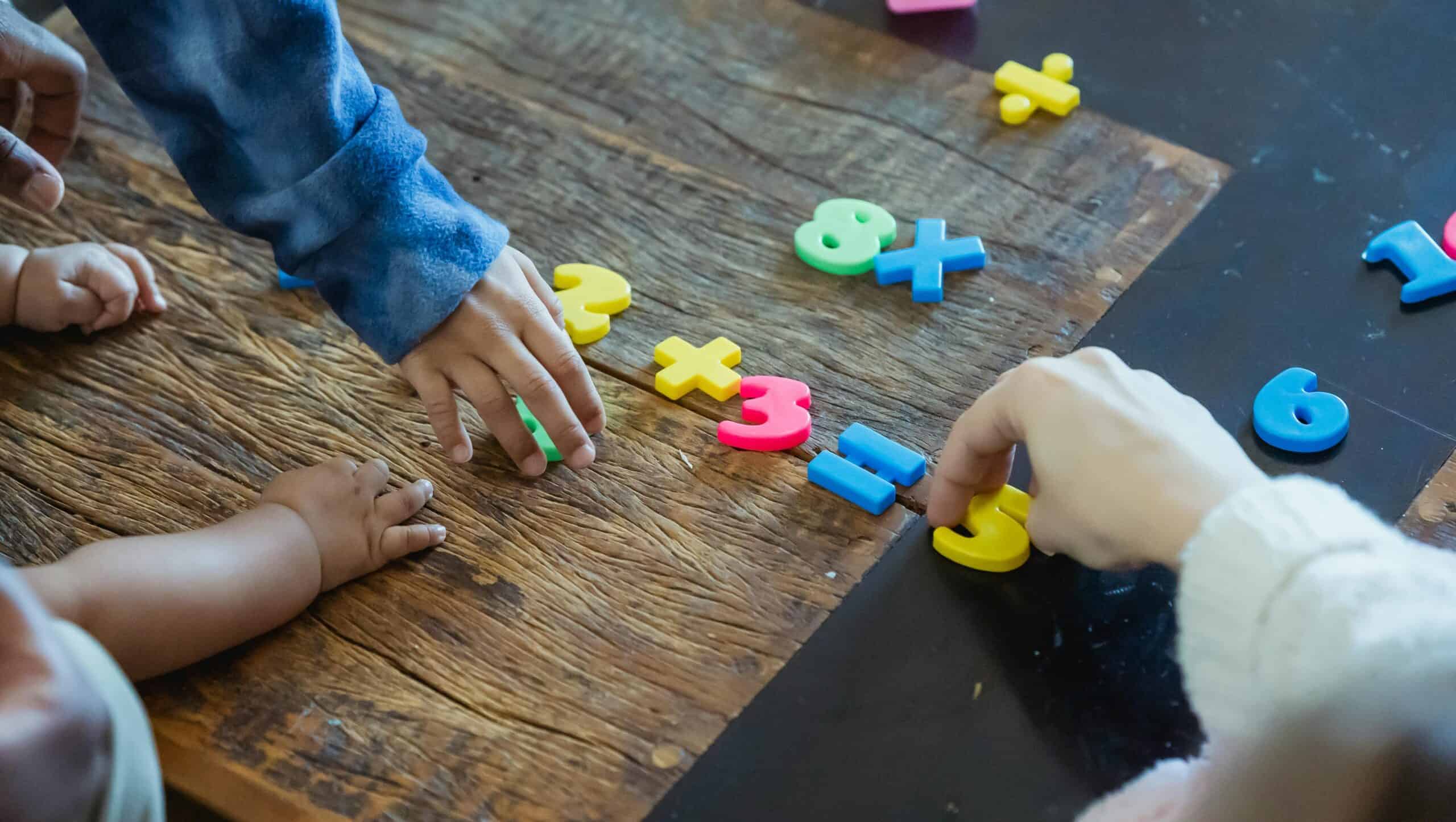
Brain teaser riddles are fantastic for strengthening lateral thinking and creative problem-solving. Kids can tackle classic word riddles, tricky logic questions, or fun math-based puzzles that stimulate different parts of the brain. Solving riddles as a group encourages collaboration and communication, while digital riddle apps offer interactive features and track progress over time. These activities keep young minds flexible, curious, and eager to find solutions in new ways.
8. Tangrams
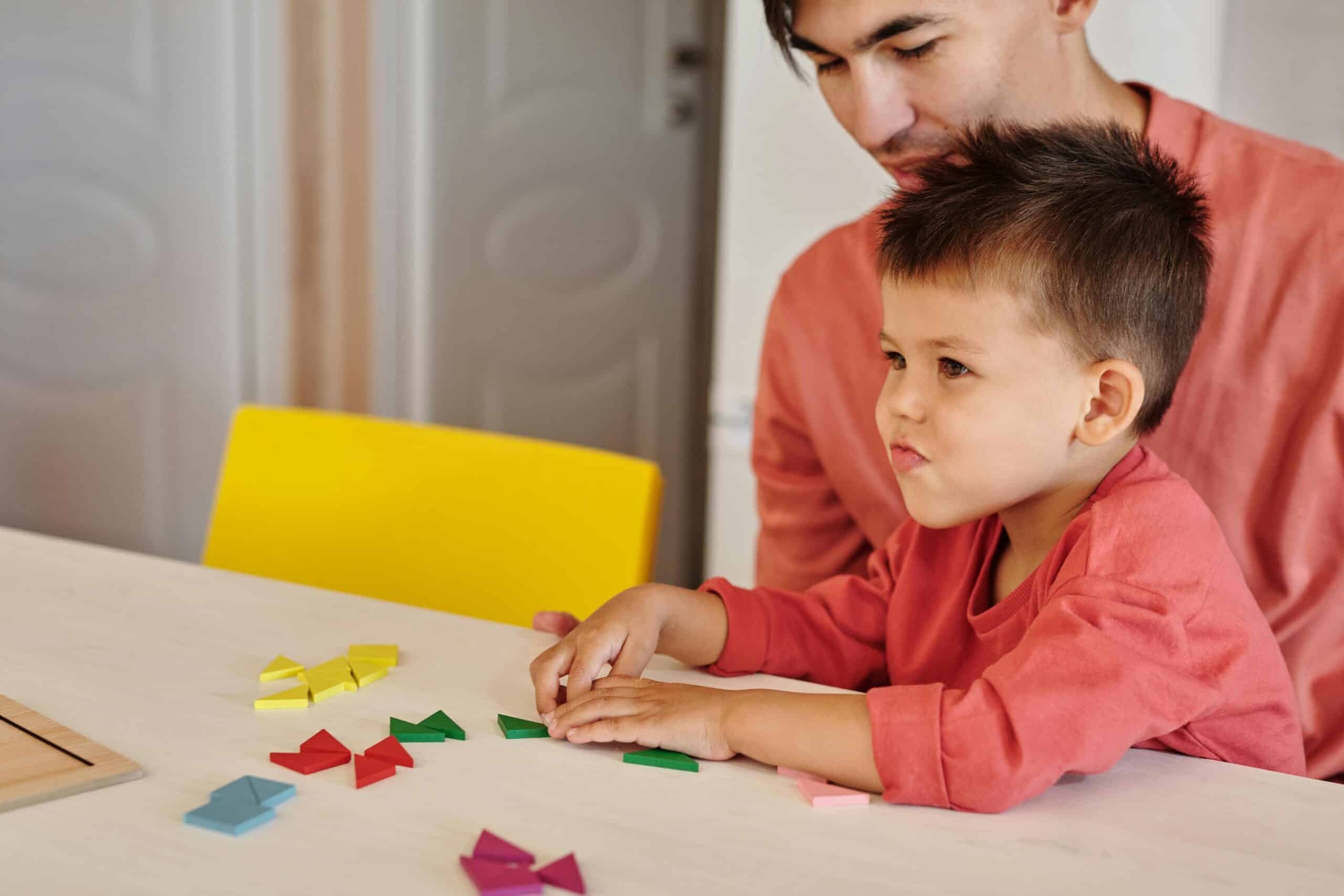
Tangrams offer an engaging way to enhance spatial reasoning and geometric understanding. Players use seven flat shapes, called tans, to create a variety of pictures, challenging their flexibility and visual thinking skills. Traditional wooden tangram sets provide a hands-on experience, while digital apps introduce interactive puzzles and multiple difficulty levels. Both formats inspire creativity and help children see shapes and patterns in new, imaginative ways.
9. Word Association Games
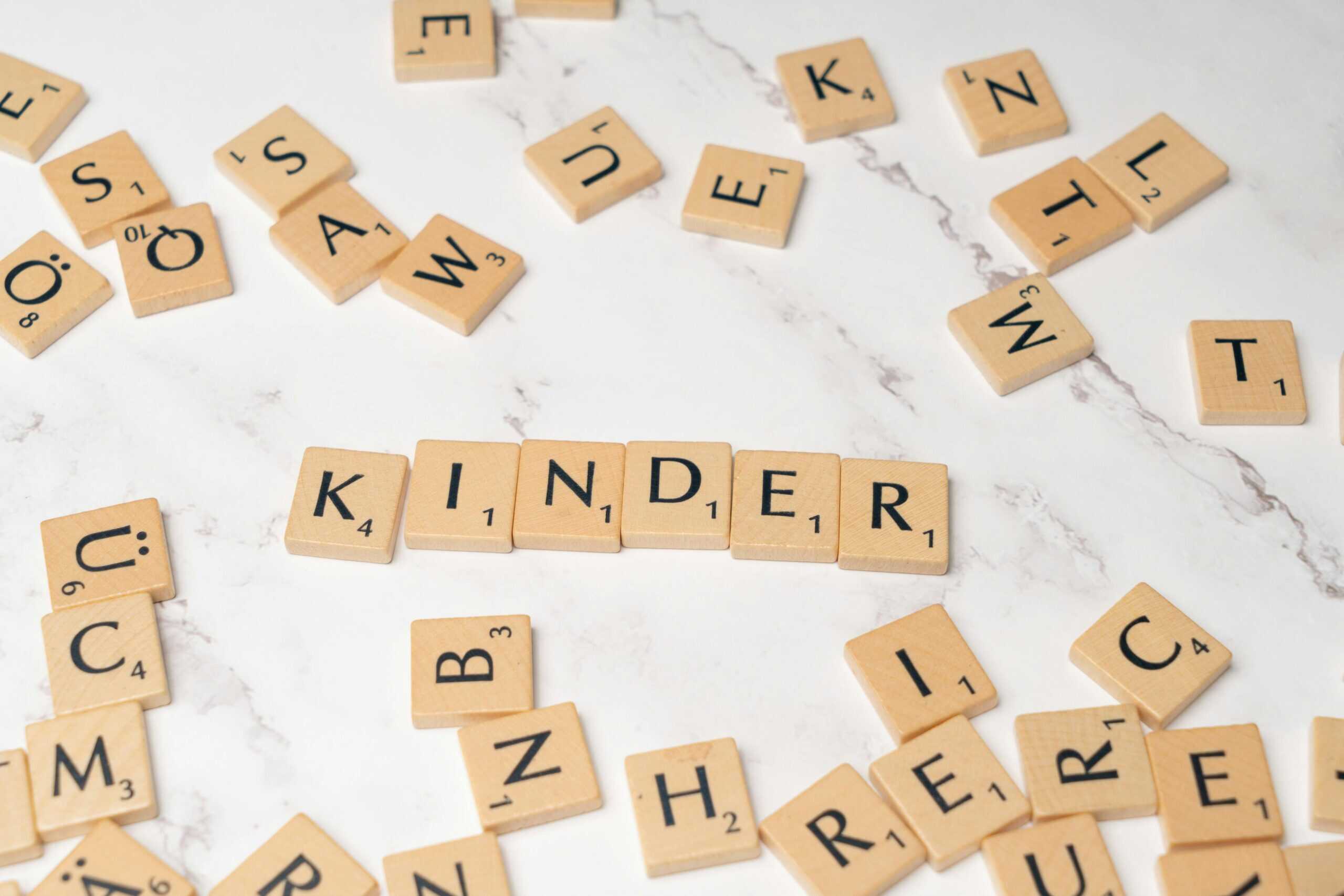
Word association games are excellent for promoting vocabulary growth, quick thinking, and forging mental connections. A popular example is ‘word chains,’ where each new word must logically link to the previous one, keeping kids engaged and challenged. These games are easy to adapt for any age group and can be played at home, in the classroom, or even while traveling, making language learning fun and dynamic.
10. Building Blocks and LEGO
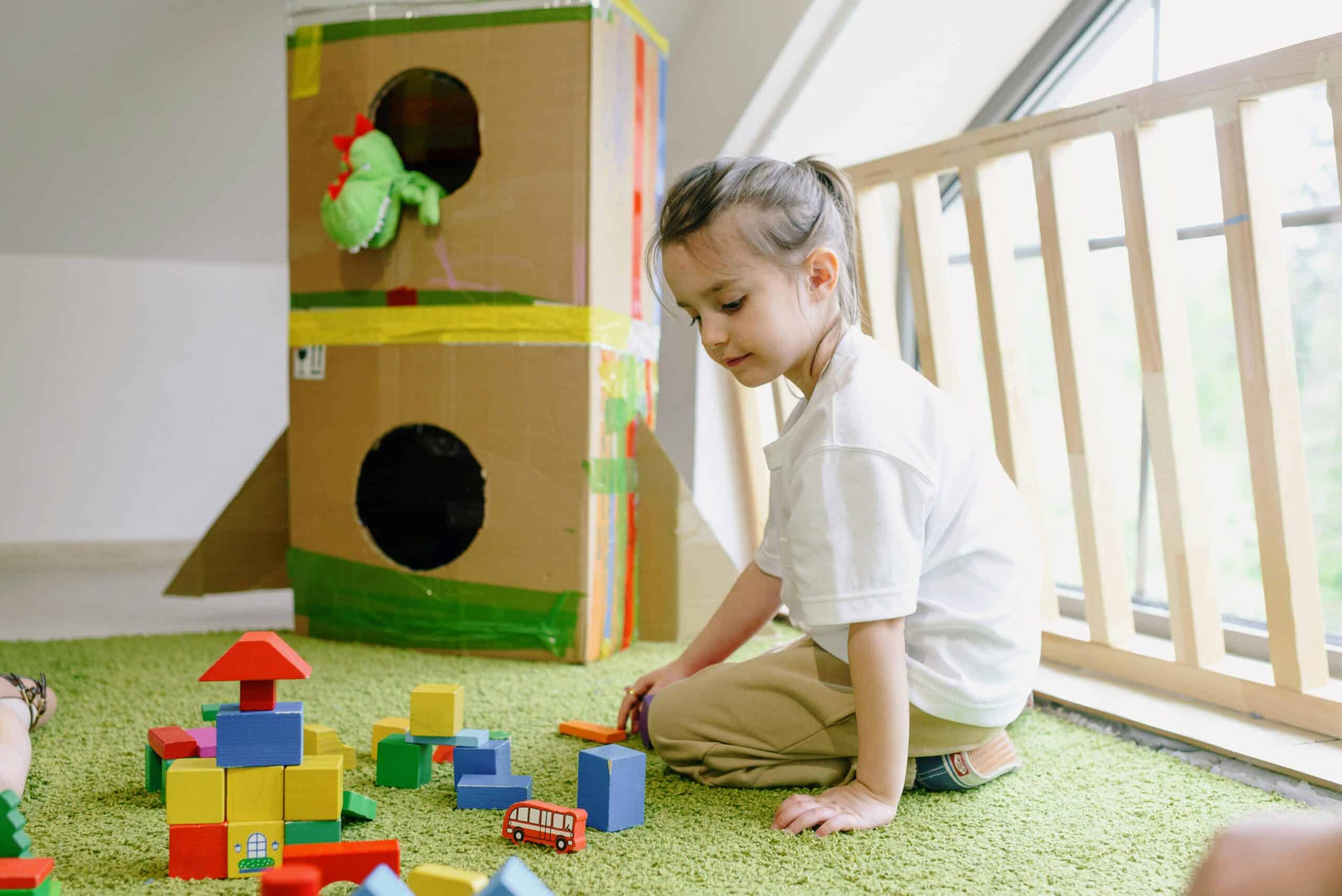
Building with blocks or LEGO sets offers powerful cognitive benefits, including spatial planning, creativity, and fine motor skill development. Free building encourages imagination and open-ended problem-solving, while following kit instructions sharpens focus and the ability to interpret visual guides. Both approaches help children learn to plan, adapt, and persist through challenges, making construction play a versatile and enriching activity for growing minds.
11. Spot the Difference

‘Spot the difference’ puzzles are fantastic for developing observation, attention to detail, and concentration. Kids compare two similar images to find subtle changes, using either printed booklets or interactive digital apps with a variety of themes and difficulty levels. Introducing time challenges adds excitement and encourages quick thinking, making the activity even more engaging while strengthening visual processing and focus skills.
12. Sequence and Pattern Games
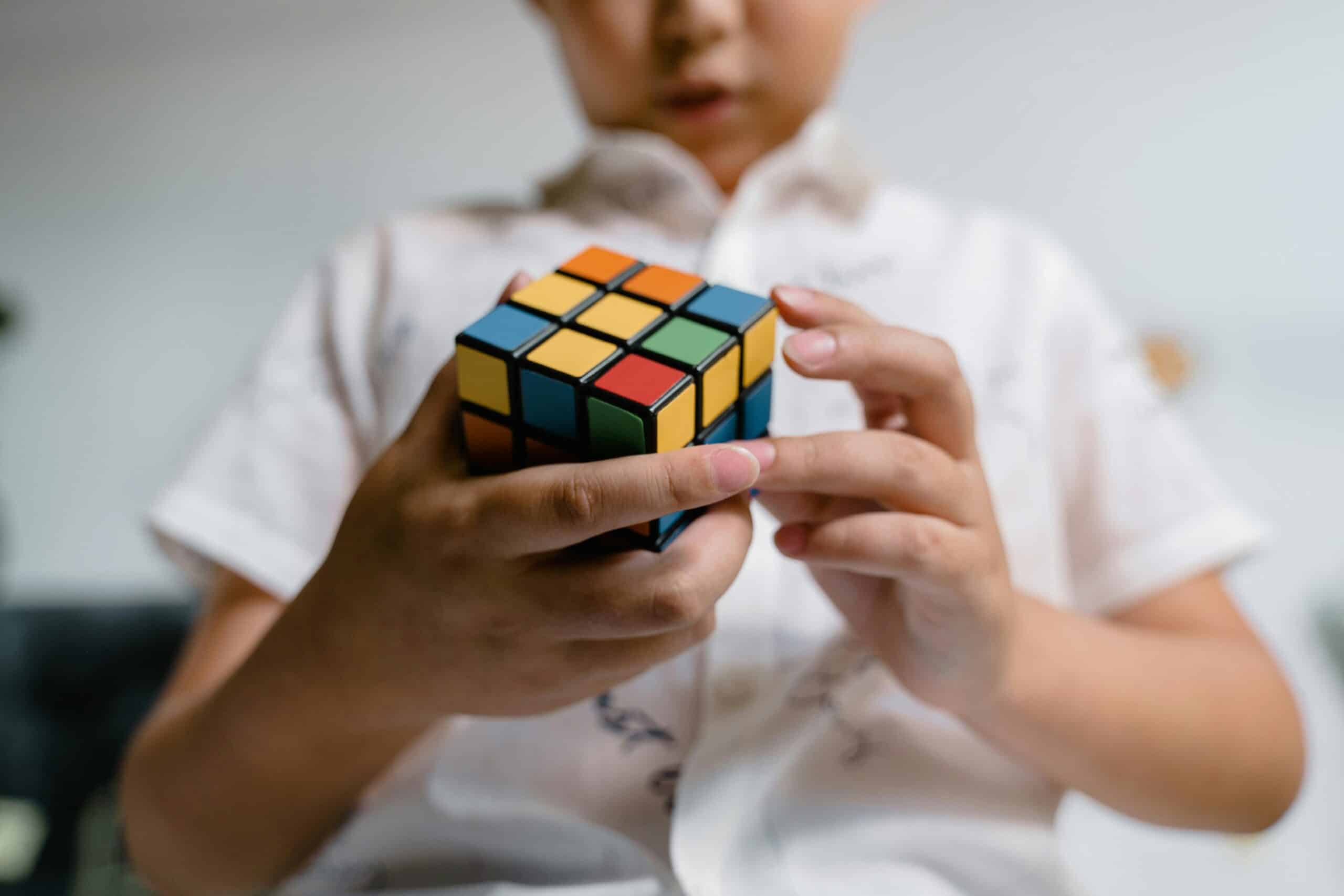
Sequence and pattern games play a crucial role in developing mathematical thinking and memory. Activities range from arranging colored beads in repeating sequences to solving number pattern challenges, helping children recognize order and predict what comes next. Hands-on games promote tactile learning, while interactive software can adjust difficulty to match a child’s skill level, providing personalized practice that keeps kids motivated and engaged.
13. Board Game Classics: Monopoly Junior
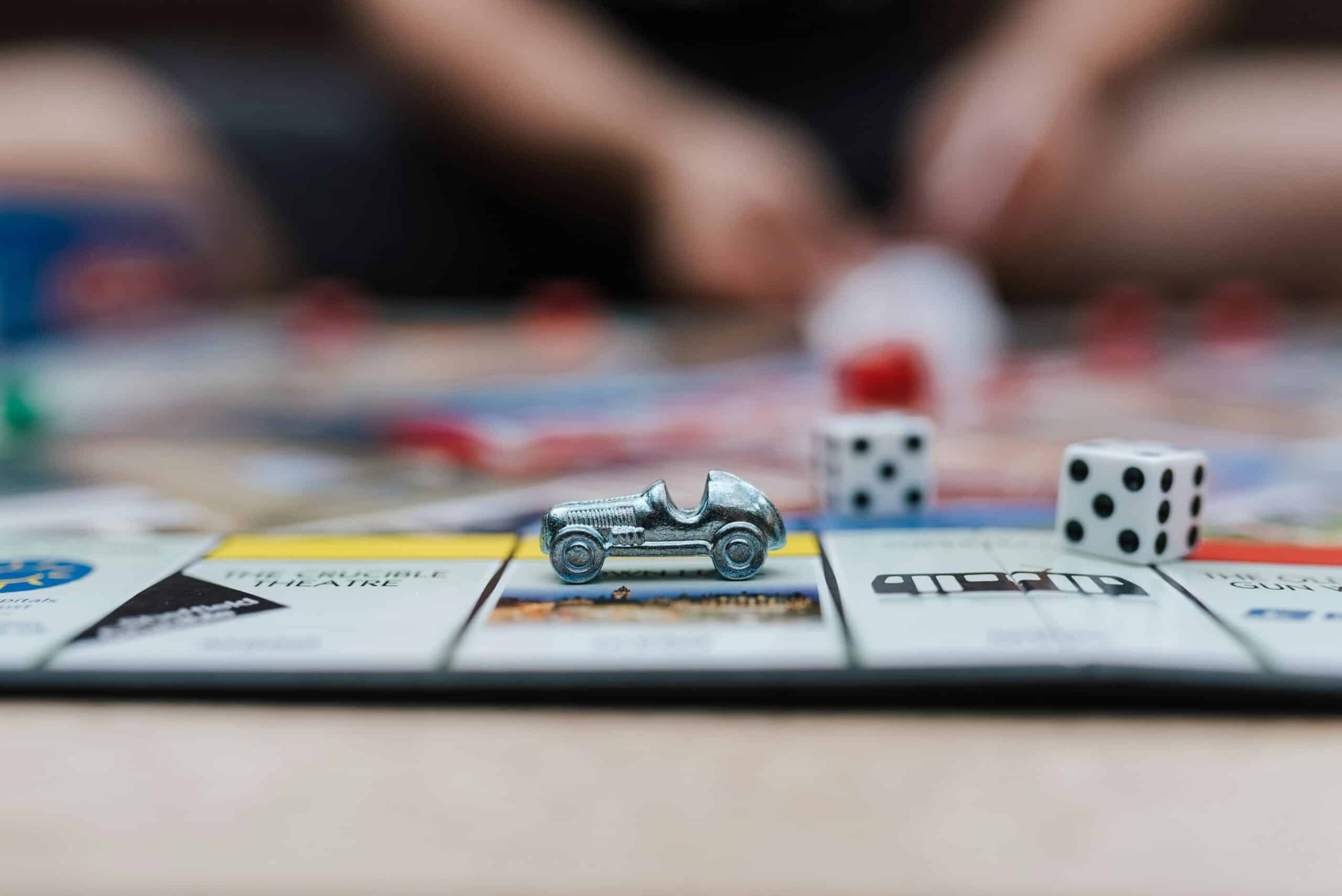
Board games like Monopoly Junior are excellent for teaching money management, strategic thinking, and decision-making to young children. The simplified rules make it easy for beginners, while still introducing important concepts such as counting, basic math, negotiation, and planning for future moves. By making complex ideas accessible and fun, Monopoly Junior helps kids develop real-world skills in a playful, engaging environment.
14. Maze Challenges
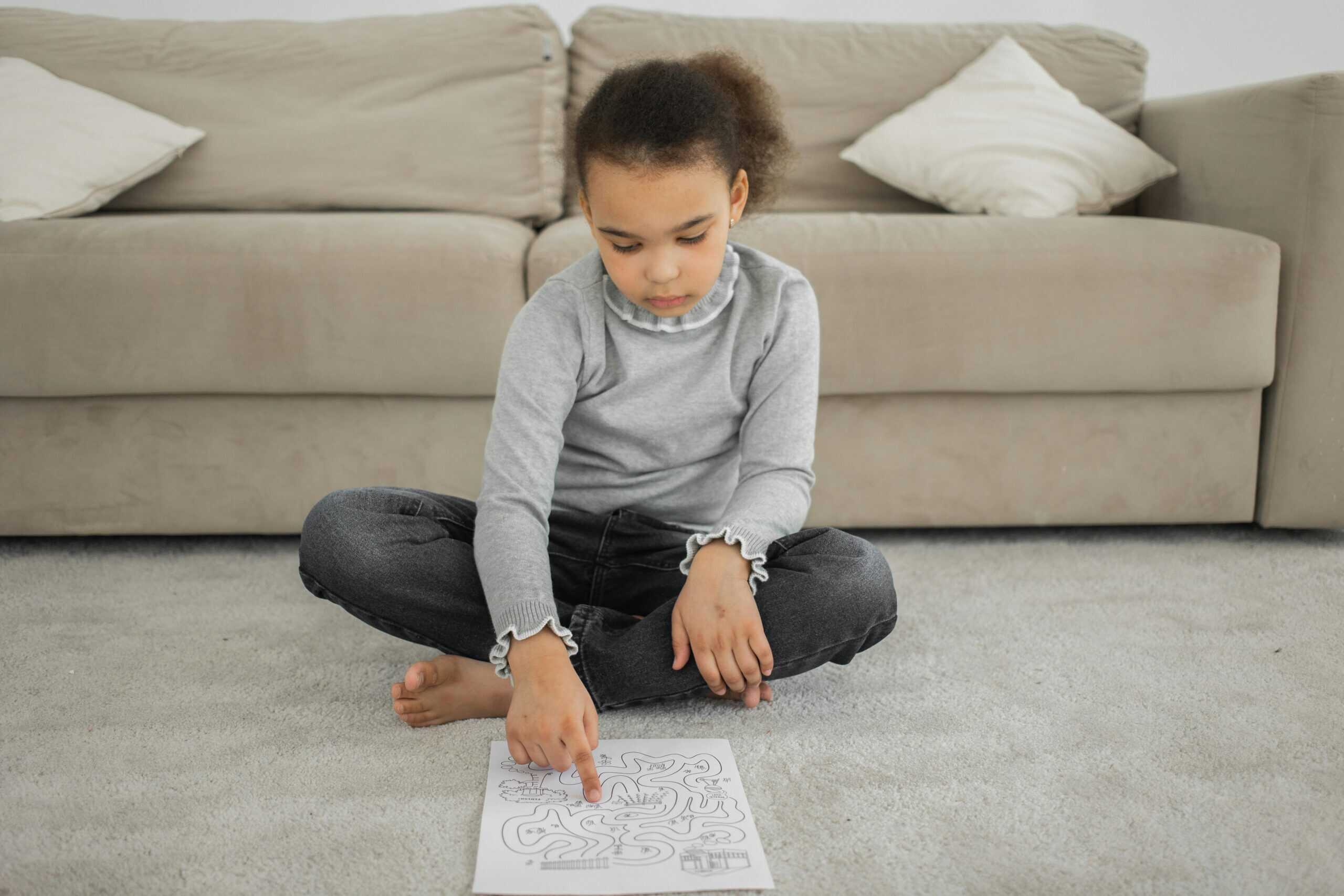
Maze challenges, found in books, on paper, or as 3D toys, help kids build problem-solving skills, perseverance, and visual tracking. Traditional paper mazes are great for independent or group play, encouraging careful planning and patience. Digital mazes often add dynamic obstacles and time limits, increasing excitement and cognitive demand. Both versions keep children engaged as they learn to navigate paths and overcome challenges.
15. Musical Memory Games

Musical memory games, like repeating sequences of notes or rhythms, are powerful for enhancing auditory processing and recall. Simple activities such as ‘repeat the beat’ using household instruments or electronic music memory games keep kids engaged and entertained. These playful challenges encourage careful listening and quick recall, making learning both effective and enjoyable as children develop sharper auditory memory and concentration.
Wrap Up: Making Play the Brain’s Best Friend
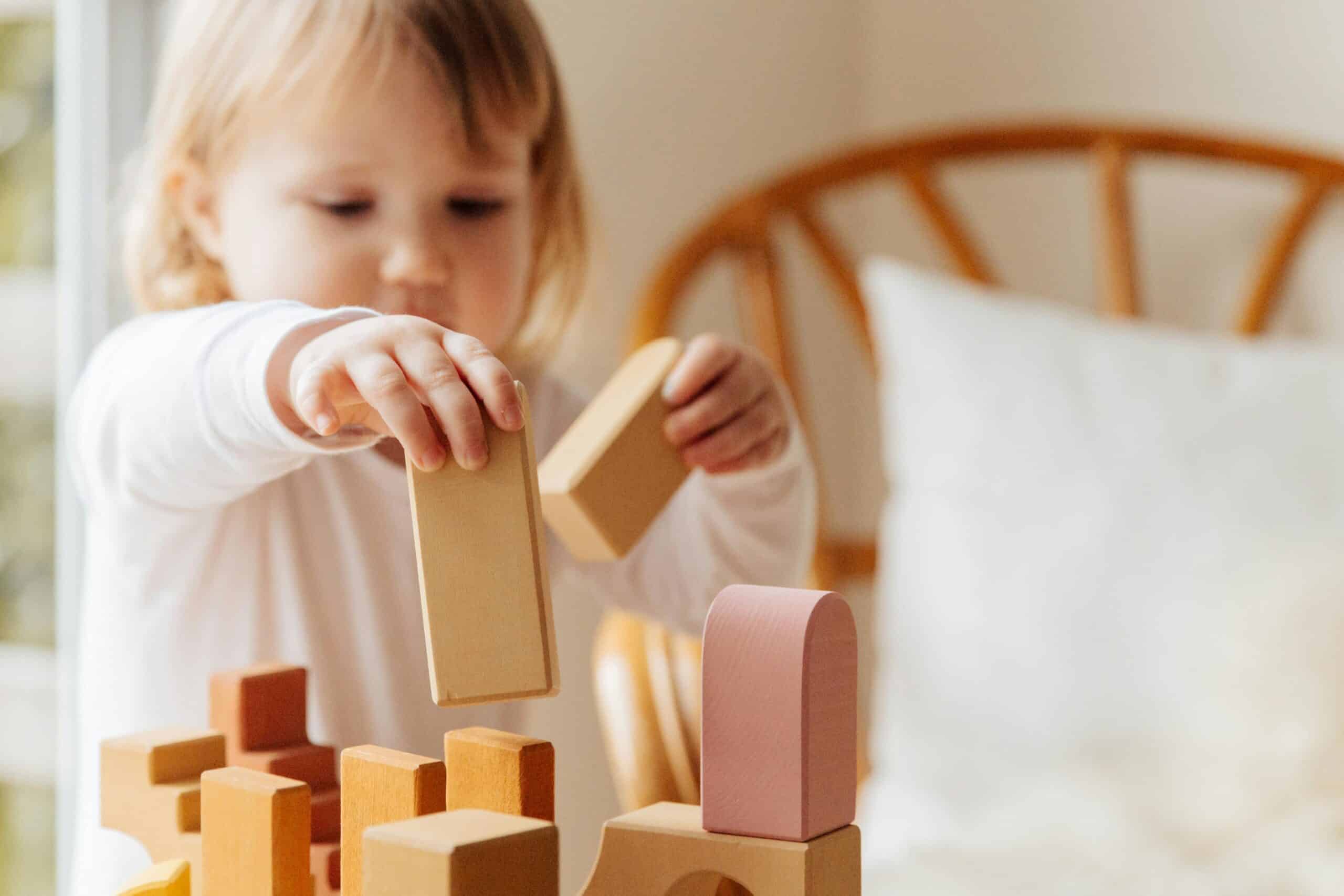
Cognitive games are more than just entertainment—they’re powerful tools for nurturing rapid skill development in children. By weaving these engaging activities into daily routines, families and educators can foster essential abilities like memory, focus, problem-solving, and creativity. Play transforms learning into a joyful adventure, helping kids thrive both academically and personally. With the right games, children can boost their cognitive growth quickly while having fun, setting the stage for lifelong success and curiosity.
.article-content-img img { width: 100% }




